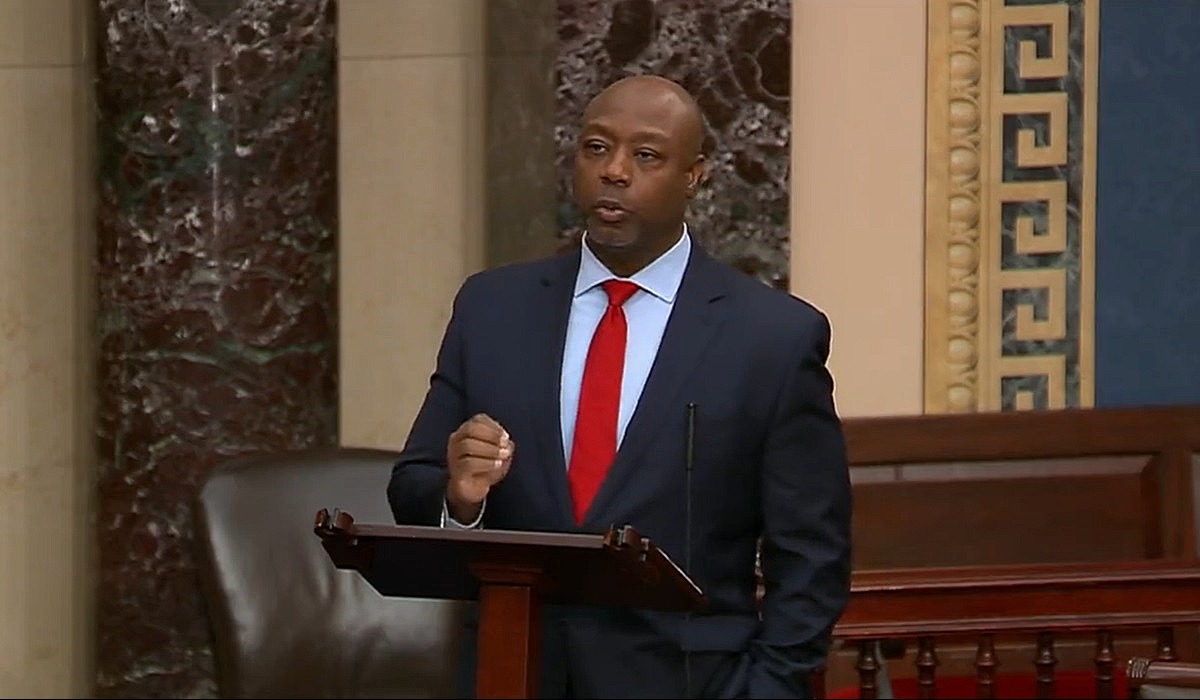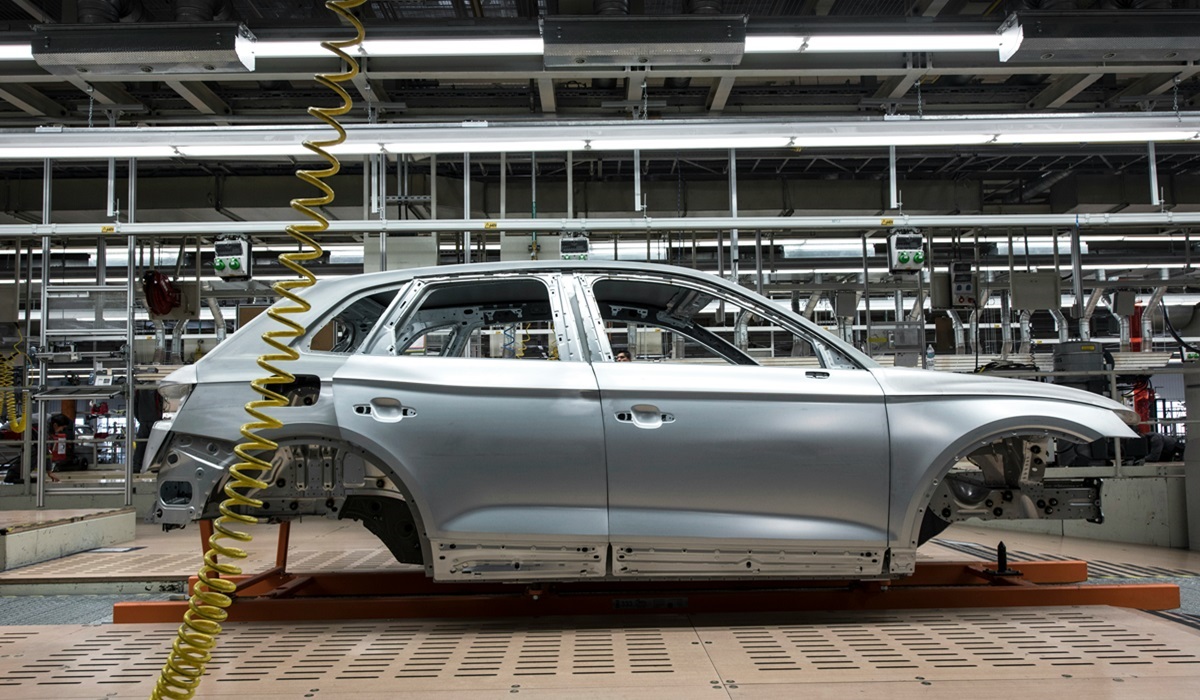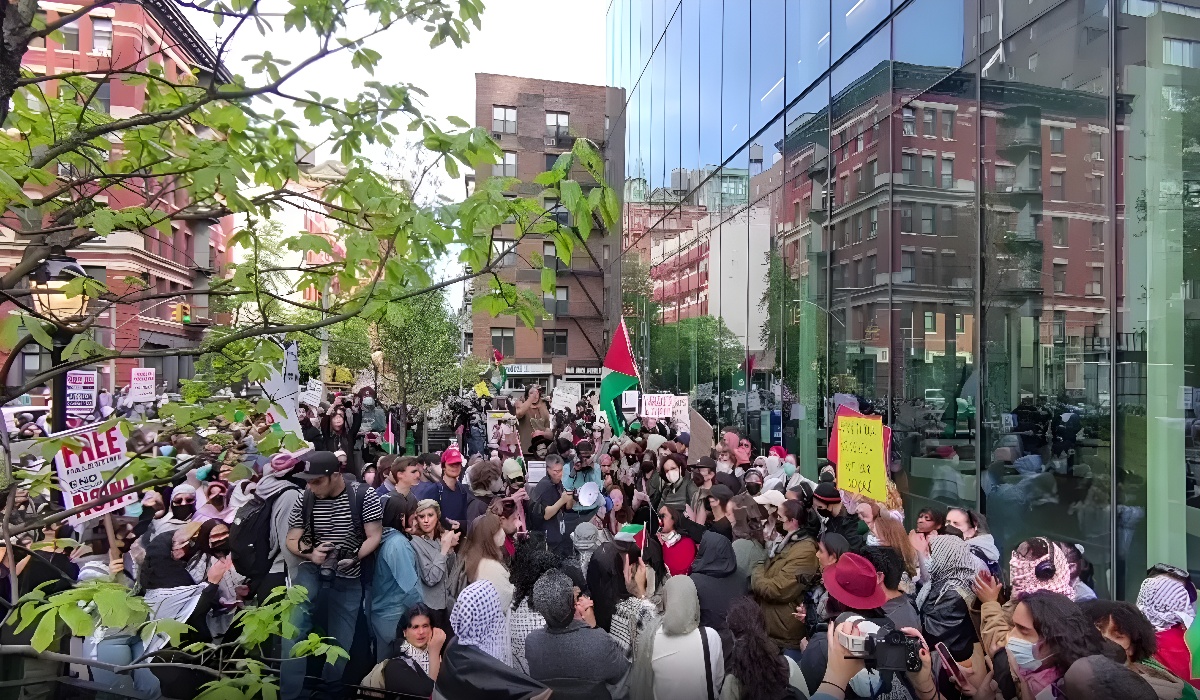In a surprising turn, former Senator Tim Scott of South Carolina has decided to suspend his presidential campaign, likely due to low polling numbers and mixed reactions to his recent debate performances. Despite a commendable showing in the last debate, he faced criticism for what some deemed a “churchy” and “low-energy” presentation. The decision to suspend his campaign is a setback for the Senator, who had shown promise in the race’s early stages.
While his performance in the last debate was generally well-received, critics argued that his approach was overly religious and lacked the energy needed to captivate a broader audience. The perception of being “too churchy” may have contributed to a decline in support, especially among voters seeking a more secular candidate. These criticisms were amplified by Scott’s performance in previous debates, leaving many puzzled about the sudden shift in public opinion.
Tim Scott now joins former Vice President Mike Pence in taking a step back from the presidential race. Pence had also decided to suspend his campaign for the 2024 race, citing personal reasons. The convergence of these decisions highlights the challenges potential candidates face in a highly competitive political landscape.
In his announcement, the Senator said he would not endorse any candidate now. This neutral stance aligns with his commitment to evaluating the field objectively. However, Scott hinted that his position might evolve as the election season progresses. Historically, candidates who suspend their campaigns often become influential figures endorsing and supporting the eventual nominee.
Before suspending his campaign, he had been considered a potential candidate for various cabinet positions in the event of a Republican victory. While he currently refrains from backing any specific candidate, his endorsement could become a valuable asset come election time. Supporting influential figures like Scott may sway voters and signal a coalescence of support around a perceived frontrunner. His neutral stance on endorsements leaves the door open for future political maneuvering, and his influence may play a crucial role in shaping the dynamics of the Republican primary as the election season progresses.









